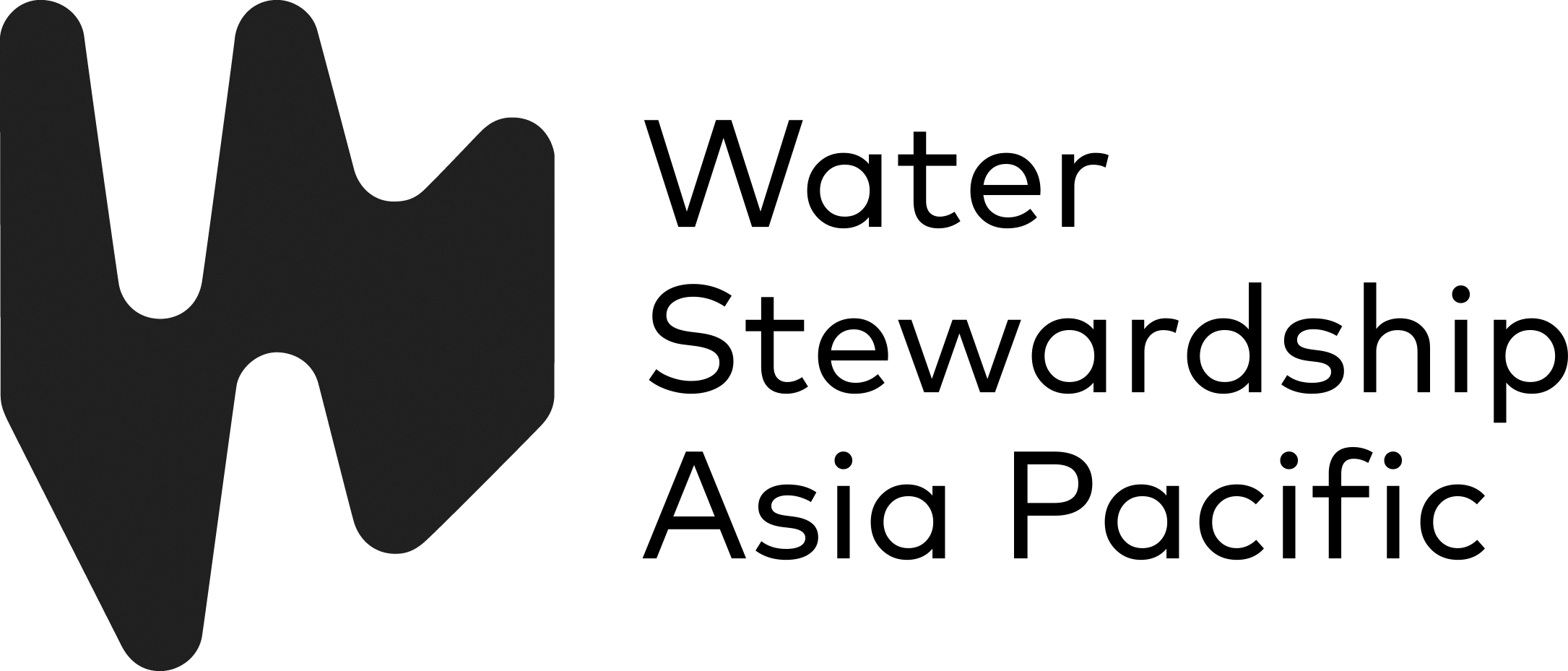Water is often overlooked in the focus on Net-Zero emissions in climate change policy and action. However, a landmark report released on the eve of COP27 in Egypt, makes it clear that water is much more important than commonly understood.
“The essential drop in Net-Zero: Unpacking freshwater’s role in climate change mitigation” is the result of two years of review of scientific knowledge published by the Stockholm Internationl Water Institute.
The report identifies that massive, cross-sectoral efforts to improve water management are required for climate security.
5 key messages are identified:
- Climate mitigation measures depend on freshwater resources.
Present and future freshwater availability needs to be accounted for in climate mitigation planning and action. - Climate mitigation measures impact freshwater.
Freshwater impacts – both positive and negative – need to be evaluated and included in climate mitigation planning and action. - Water and sanitation management can reduce GHG emissions.
Climate mitigation planning and action should include the substantial emission reduction potential in drinking water and sanitation services, and through the management and protection of freshwater resources. - Nature-based solutions to mitigate climate change can deliver multiple benefits for people and the environment.
Priority should be given to measures that can safeguard freshwater resources, protect biodiversity, and ensure sustainable and resilient livelihoods. - Joint water and climate governance need to be coordinated and strengthened.
Mainstreaming freshwater in all climate mitigation planning and action requires polycentric and inclusive governance arrangements that can facilitate integrated approaches.
The report concludes that “Mitigation cannot succeed without water”.
“Insufficient recognition of climate–water interactions in greenhouse gas (GHG) reporting frameworks means that water is not included in climate mitigation planning and reporting to the extent necessary. Currently, countries are not required to report on (potential) water-related mitigation action, except in the area of wastewater treatment. The historical lack of attention to the connection between freshwater and climate mitigation primarily stems from a knowledge gap: the interrelations between water cycles, freshwater availability, freshwater limitations, and mitigation of GHG emissions have not yet been clearly articulated and recognized.”
“We need to place water in its rightful place: at the heart of all efforts to adapt to, as well as to mitigate climate change.”
Water Stewardship looks at water as a multi-faceted, multi-objective and multi-stakeholder issue. It is designed to be implemented for any water-utilising site or activity in any catchment in the world, and is an important part of the range of tools and strategies needed to address the water-related challenges of climate change.
Click to access files for the REPORT CHAPTERS.

